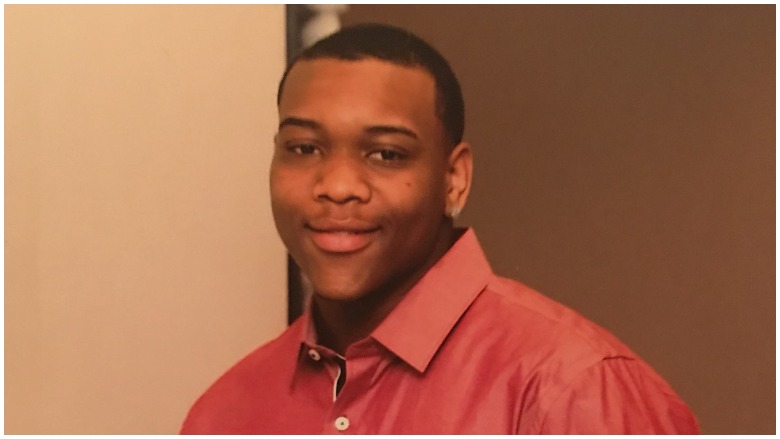With a population of about 2.7 million, Chicago, Illinois is the third-largest city in the United States. Sadly, like many major cities, Chicago has a high number of missing persons and homicides that have yet to be solved. Some of these incidents occurred as far back as the 1980s, and they continue to cause worry and anguish to those closest to the victims even today. The following numbers shed light on the frequency and severity of such instances in Chicago.
There have been more than 14,000 homicides in Chicago since 1980, or around 500 each year on average. Over 8,000 have been solved, the Chicago Police Department (CPD) says, leaving about 6,000 open investigations. As these cases have been open and dormant for a long time, they are often referred to as "cold cases."
The absence of physical evidence and credible witnesses is a major obstacle to solving cold cases. Some of these crimes occurred in locations with a high crime rate, making it more challenging for detectives to find and question potential witnesses. It may also be difficult for detectives to identify and locate potential suspects in cases where victims or witnesses have passed away or relocated.
The absence of funds set aside to investigate cold cases is another obstacle. Because to manpower constraints, detectives who are currently working on ongoing cases are often tasked with investigating cold cases. A result of this is that it might be challenging for detectives to give cold cases the attention they need.
The Chicago Police Department (CPD) has made headway in solving some of the city's cold cases despite these obstacles. For the past few years, the agency has established a special unit to examine and reexamine cold cases. In certain instances, investigators have been able to make significant headway thanks to new leads or technological advancements, resulting in arrests and convictions.




